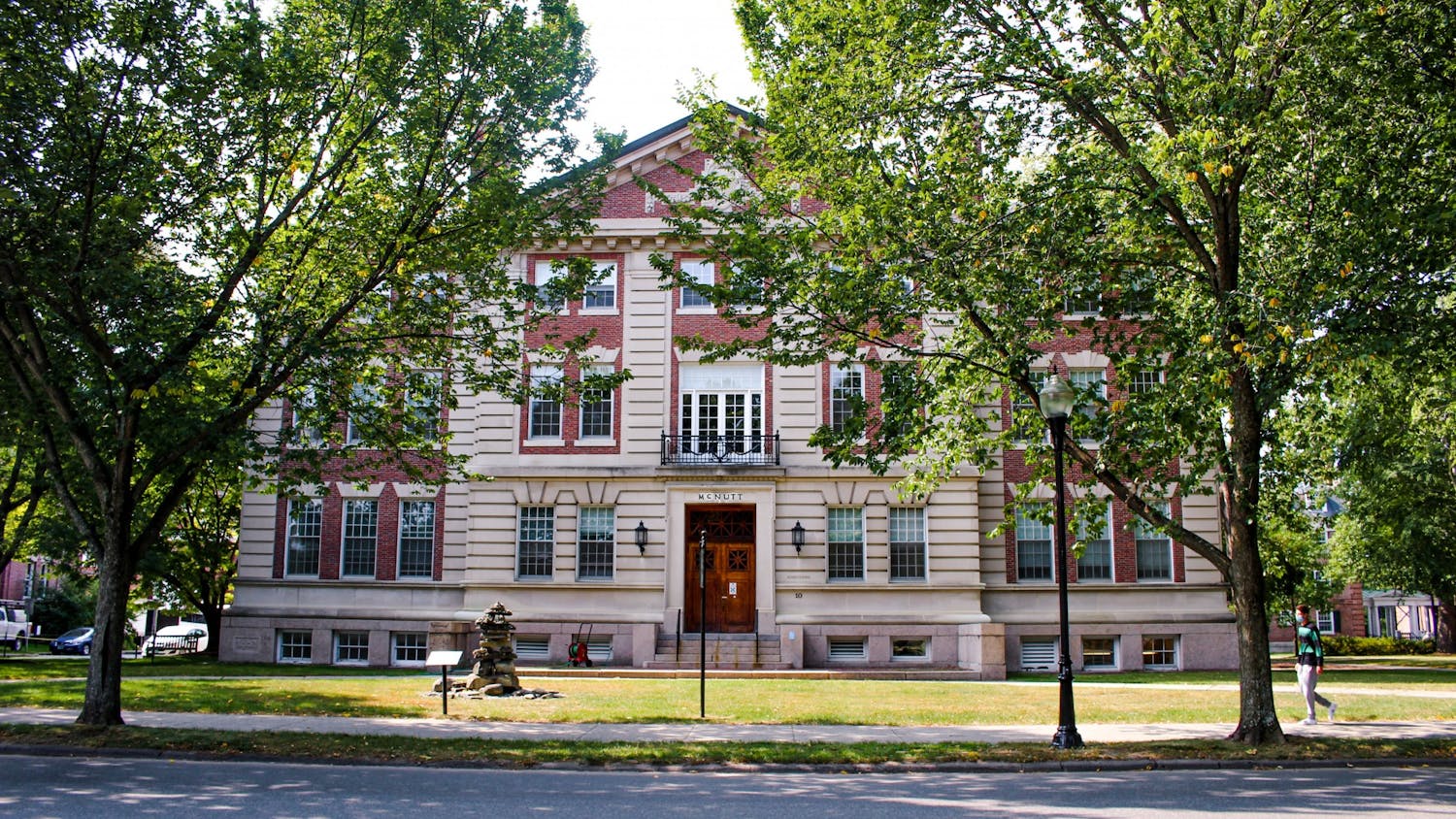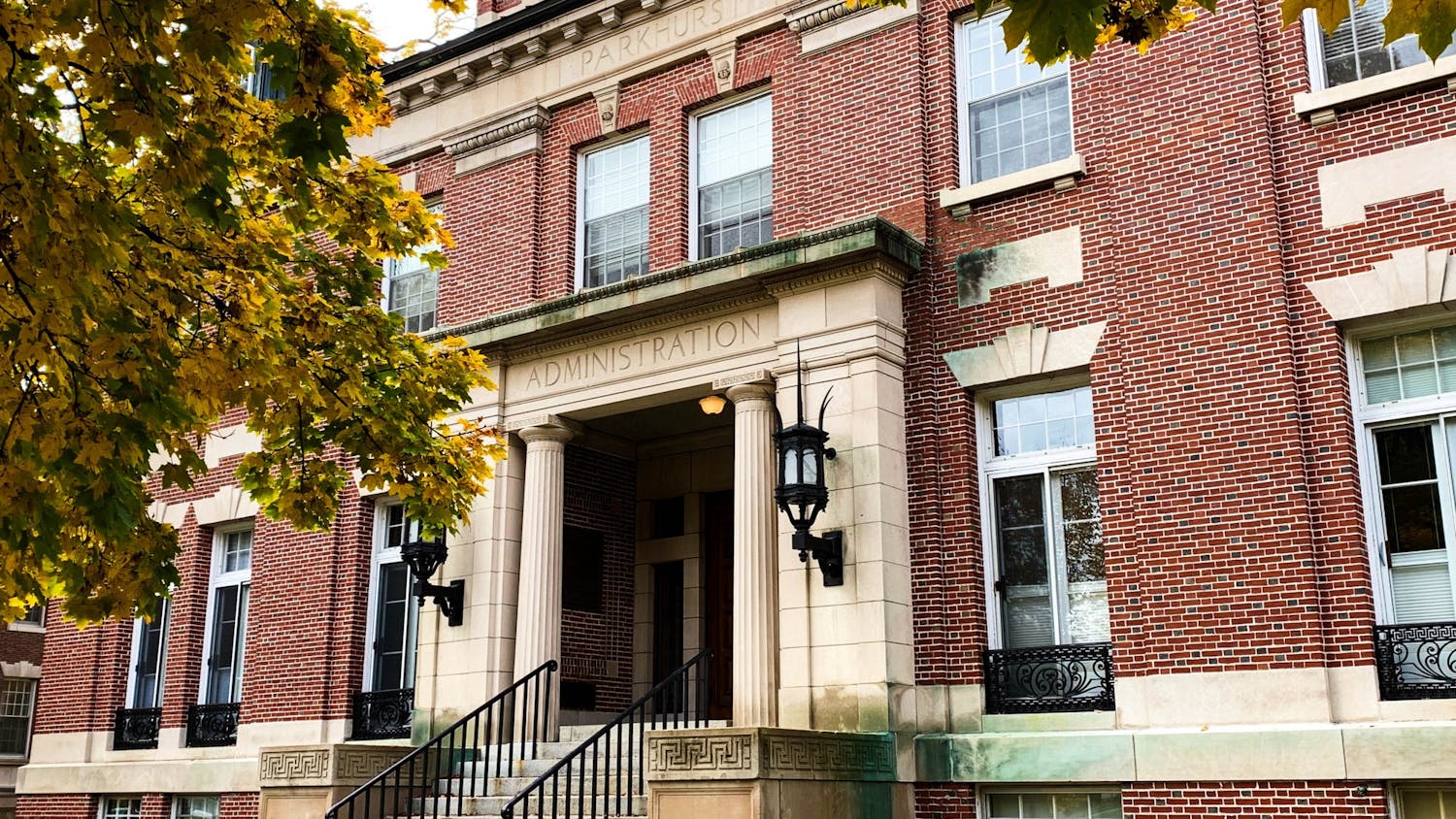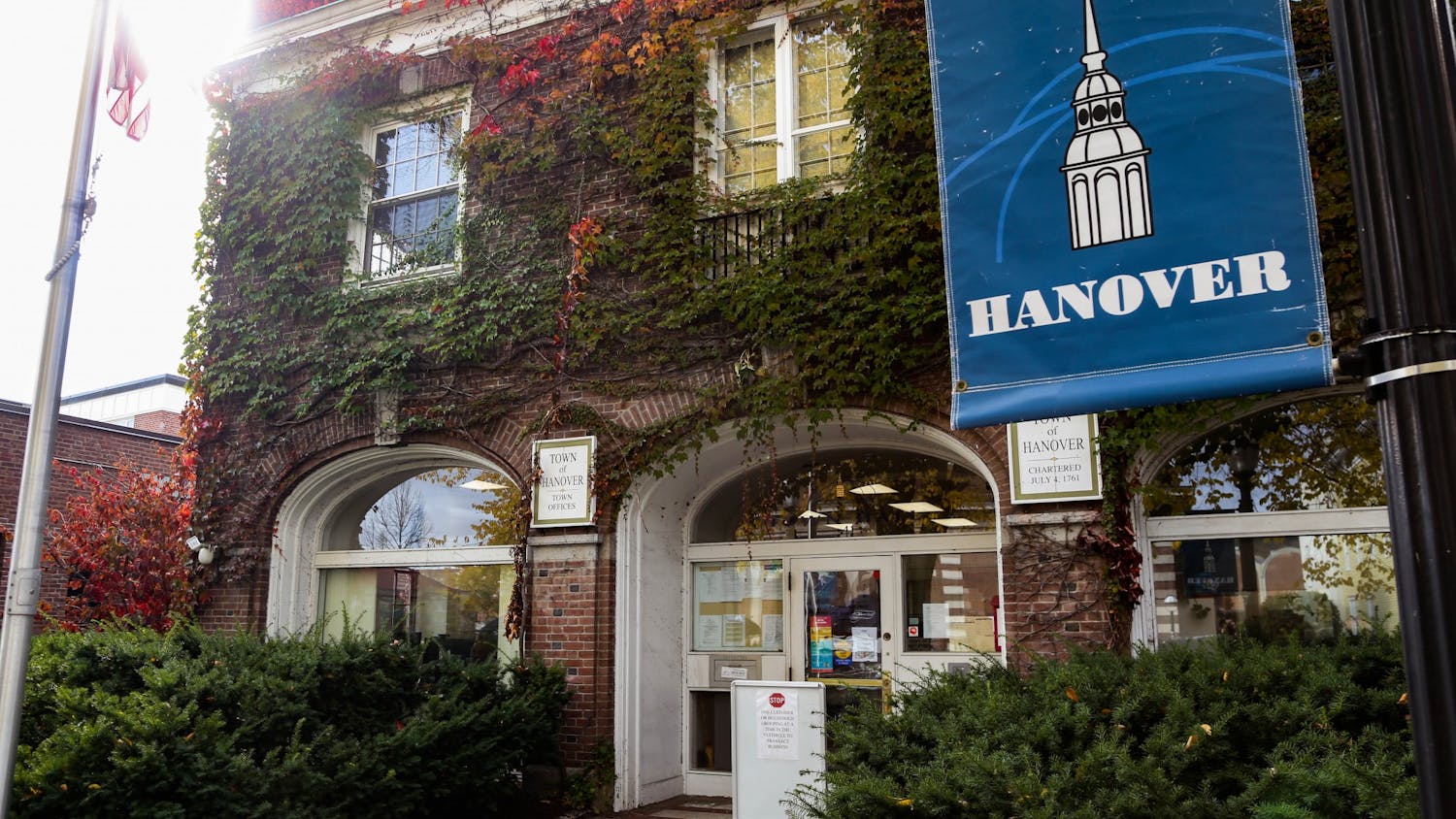This term has been a bleak one. Students arriving in Hanover faced a 14-day quarantine in their rooms, almost all classes have been conducted online and the College has strictly regulated all face-to-face social interaction. In the face of rising COVID-19 cases nationwide, the College has taken and will continue to take many precautions. But now, after a term’s worth of experience, the College must take a step back and consider those areas in which it can improve students’ experience for the winter.
Dartmouth’s most glaring shortcoming this fall has been its overbearing restrictions on socializing. From the lack of spaces to gather on campus to the harsh and ill-defined consequences of violating College policies, the College has failed to recognize the importance of face-to-face connections for students’ mental and emotional well-being and has instead mongered fear on campus. As the weather gets colder and the days get shorter, it will become even more essential that the College allows students to socialize safely during winter term. If the College fails to open more indoor common areas in the winter, students looking to socialize will inevitably turn to dorm rooms and off-campus spaces — likely posing a higher risk for COVID-19 spread. The College is not lacking for large indoor spaces. Collis Commonground, Sarner Underground and the Top of the Hop are just some examples of underutilized spaces. Even the many empty classrooms — only eight classes will be taught in person this winter — can be taken advantage of.
The College must also reform how it communicates and implements its COVID-19 policies. While certain violations of the College’s “Community Expectations” have led to students being sent home for the remainder of the academic year, other violations have simply led to students being issued a warning. The punishments for different infractions vary tremendously, and the College has never made it clear what violations warrant campus removal versus what violations warrant a slap on the wrist. As a result, enforcement has been hard to predict, which has led to anxiety and fear among students. If the College is to hold students accountable for violating its policies, it must make clear exactly what those policies are.
Finally, an appeals process for COVID-19 related offenses — which has been glaringly absent this term — must be defined and implemented. The current policy of conviction without trial is indefensible, and this winter, it must change. Such reforms would accrue a degree of transparency to the process, not only making the system fairer, but also making students more likely to understand and comply with its regulations.
This term has involved a steep learning curve for the entire Dartmouth community. And while the College has done some things right, its punitive model has fared poorly in comparison with peer institutions’ more rational policies. There is substantial room for Dartmouth to improve. As it looks forward to winter term, the College must take heed of the mistakes it has made and redress them for the sake of the entire student body.
The editorial board consists of opinion staff columnists, the opinion editors, the executive editors and the editor-in-chief.



